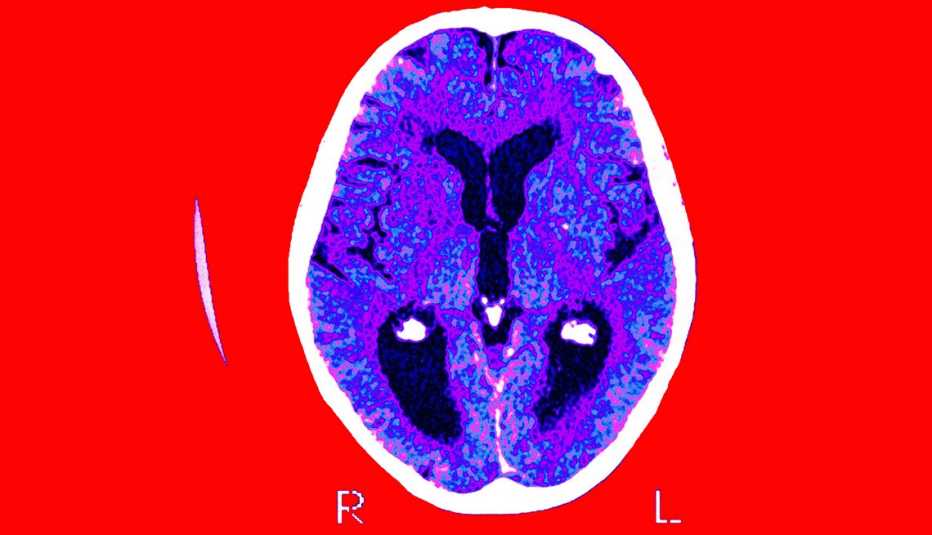AARP Hearing Center


The U.S. Food and Drug Administration (FDA) approved the once-monthly medication donanemab (brand name Kisunla) for the treatment of Alzheimer’s disease, a brain disorder that affects nearly 7 million older Americans.
The news comes weeks after an independent panel of FDA advisers reviewed the drug’s data and voted in favor of its approval.
Kisunla is the second fully approved disease-modifying medication that’s available for the treatment of Alzheimer’s disease. A similar drug, lecanemab (Leqembi), got FDA approval in July 2023. Before that, the only approved Alzheimer’s drugs were medications that help to alleviate some of the disease’s symptoms, not disrupt its course.
“Alzheimer’s disease is a devastating disease for the person diagnosed and their loved ones,” said Teresa Buracchio, director of the Office of Neuroscience in the FDA’s Center for Drug Evaluation and Research. “The trial data demonstrated, convincingly, that Kisunla reduces the rate of cognitive and functional decline in patients in the mild cognitive impairment and mild dementia stages of Alzheimer’s disease.
Delaying dementia’s progression
Clinical trial results for Kisunla were presented at the 2023 Alzheimer’s Association International Conference and published in the peer-reviewed medical journal JAMA.
Researchers found that the medication slowed the loss of thinking and memory skills in people with early Alzheimer’s, with the greatest benefits seen among those in the earliest stages of the disease.
Kisunla also helped to remove a protein called amyloid from the brain, which is a defining feature of Alzheimer’s. In people with the disease, amyloid clumps together to form sticky plaques that disrupt normal cell function.
Experts say delaying the more severe stages of Alzheimer’s is not a cure but can help preserve a person’s level of functioning for longer. This can be particularly helpful for those who are still able to work, pay bills and engage with others, as is the case for many individuals with early Alzheimer’s.
“These benefits are real and meaningful, giving people more time to participate in daily life, remain independent and make future health care decisions,” Maria C. Carrillo, chief science officer for the Alzheimer’s Association, said in a 2023 statement when the clinical trial results were released.





































































More on Health
AARP Smart Guide to Keeping Your Memory Sharp
22 science-backed ways to growing a healthier, happier brain, now and in the future
Is This Normal Memory Loss or Memory Problems?
Tips from experts on how to tell the difference
What Dementia Feels Like
Individuals detail their symptoms in the early stages
Recommended for You